Move seen affecting AI, chip supply chains; impeding tech cooperation
The United States government's latest move to impose new export control measures on artificial intelligence technology will wreak havoc on global AI and semiconductor supply chains and impede international technological cooperation, while seriously hurting the interests of tech companies from around the world, said officials and experts.
They noted that such expansive restrictions will push Chinese companies to double down on indigenous innovation and pool more resources into research and development, so as to achieve breakthroughs in crucial AI chip technologies.
Their comments came after the administration of U.S. President Joe Biden on Monday unveiled an export control scheme that gives 18 close allies and partners uninhibited access to AI-related chips, while placing strict licensing requirements on most other countries. The move represents the U.S.' latest attempt to further prevent China from obtaining advanced chips used for cutting-edge AI technology.
A spokesperson for China's Ministry of Commerce said in a statement on Monday night that China firmly opposes the Biden administration's announcement of restrictions on exports related to AI, and will take necessary measures to resolutely safeguard its legitimate rights and interests.
These measures further tighten export controls on AI chips and model parameters, while expanding long-arm jurisdiction, and creating obstacles and interference for third parties engaged in normal trade with China, the spokesperson said.
"This action severely hinders normal economic and trade exchanges between countries, seriously disrupts market rules and international economic and trade order, and significantly affects global technological innovation. It has also severely damaged the interests of enterprises worldwide, including those in the U.S.," the spokesperson noted.
Foreign Ministry spokesperson Guo Jiakun said on Tuesday that the U.S. has generalized the concept of national security, politicized and weaponized economic, trade and technology issues, abused export controls and maliciously suppressed China.
He said the U.S. move has seriously affected the stability of global industrial and supply chains, and harms the interests of both China and the U.S., as well as business communities around the world.
Zhou Mi, a researcher at the Chinese Academy of International Trade and Economic Cooperation in Beijing, said the new restrictions on the export of advanced computer chips and AI technology will deal a heavy blow and bring about uncontrollable risks to the global AI industry, given that China and the U.S. are taking the lead in bolstering the technological advancement and application of AI.
Zhou said these tightened measures aimed at further decoupling from China in high-tech fields will not only have a negative impact on global economic growth and hamper international technological exchanges and innovation, but also slow the U.S. pace of progress in AI.
"The latest export control on cutting-edge AI technology will motivate Chinese companies to step up investments in research and development, enhance their independent innovation capacities, and achieve technological breakthroughs," said Xiang Ligang, director-general of the Zhongguancun Modern Information Consumer Application Industry Technology Alliance, a telecom industry association.
Xiang highlighted that the U.S. government's intensified attempts to contain China's rise in the fast-developing AI sector through using political power are bound to fail in the long term and backfire.
The announcement has also drawn fierce criticism from industry organizations and high-tech companies in the U.S.
John Neuffer, president and CEO of the Semiconductor Industry Association, said: "We're deeply disappointed that a policy shift of this magnitude and impact is being rushed out the door days before a presidential transition and without any meaningful input from industry."









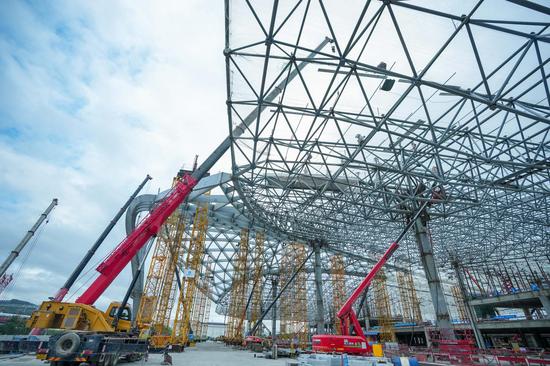

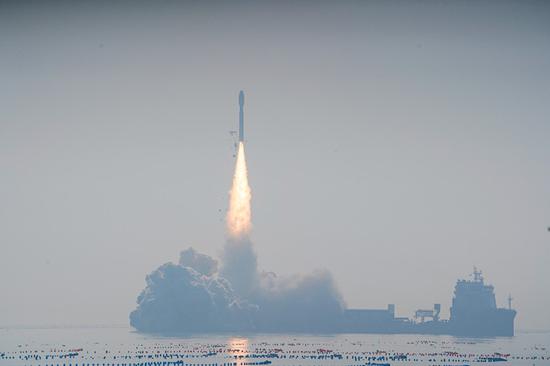
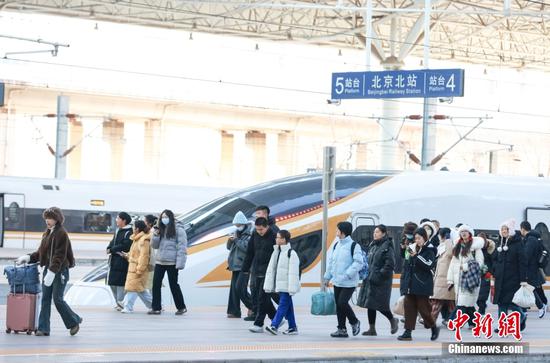




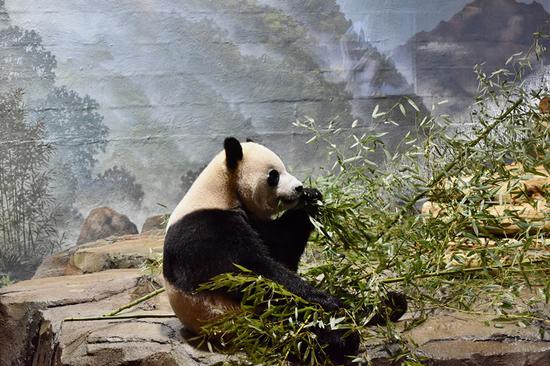

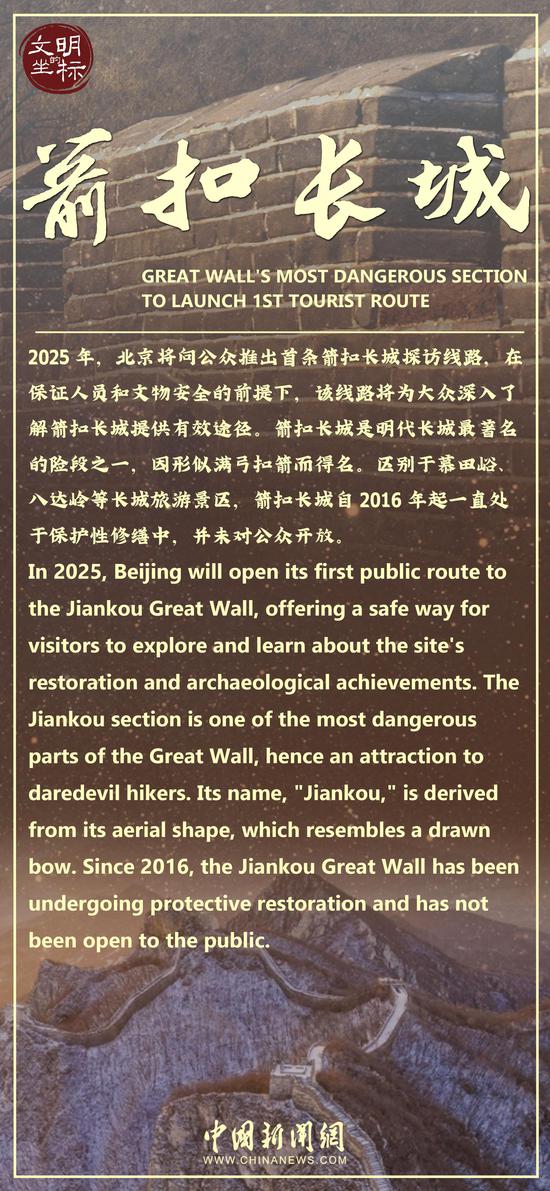





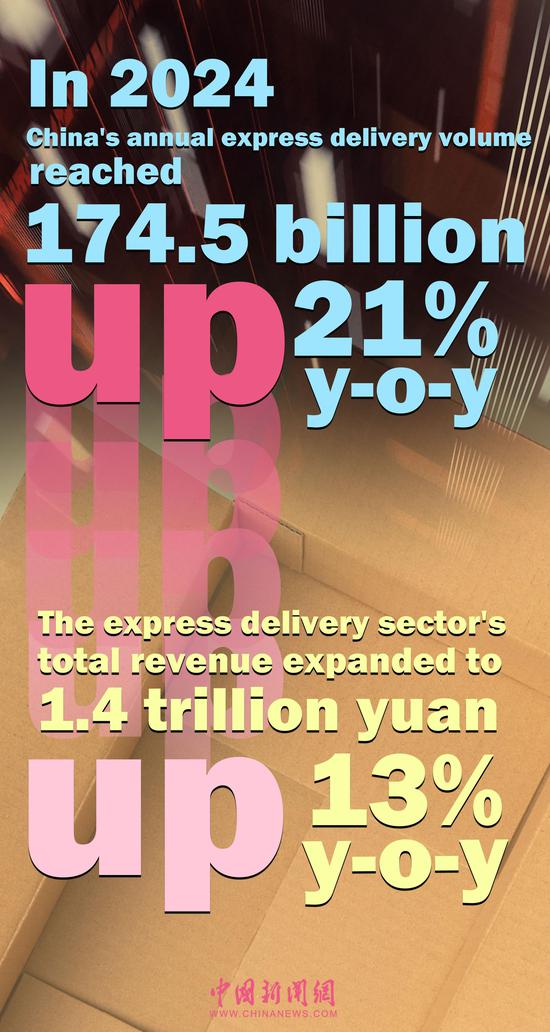


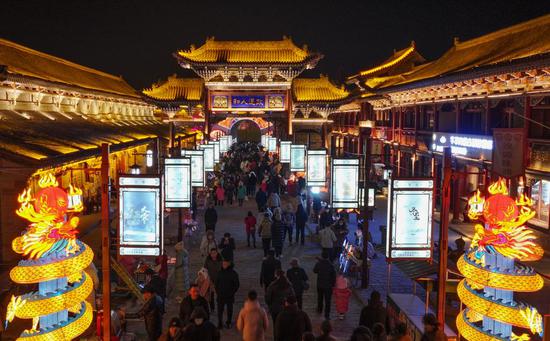
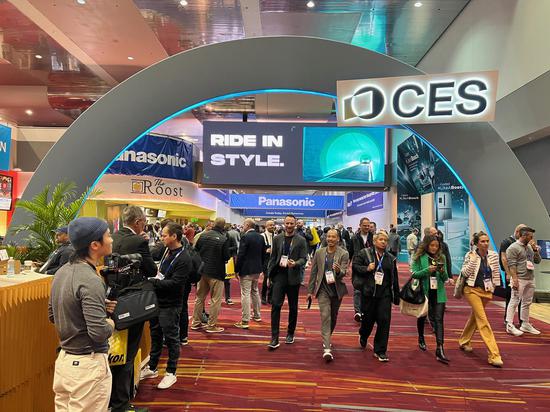




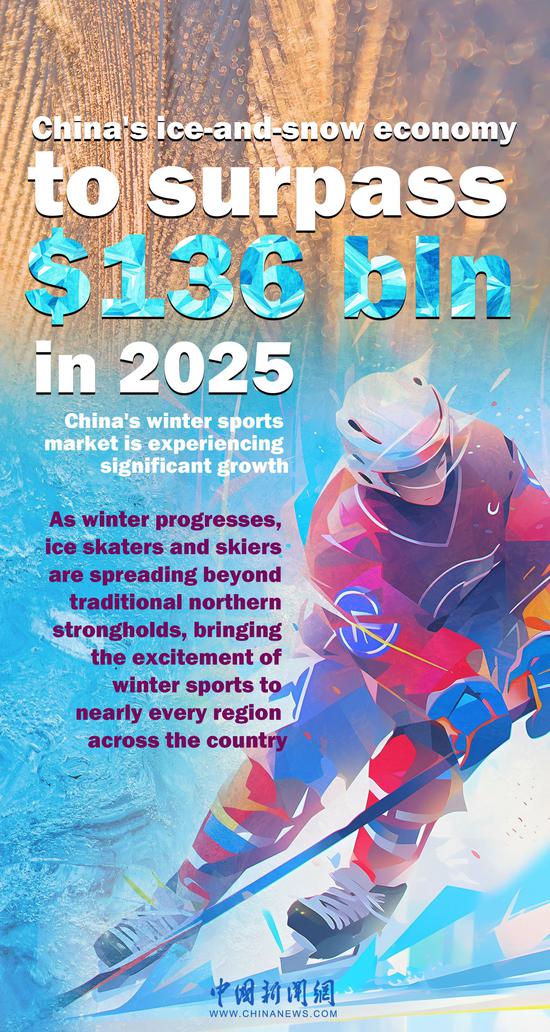
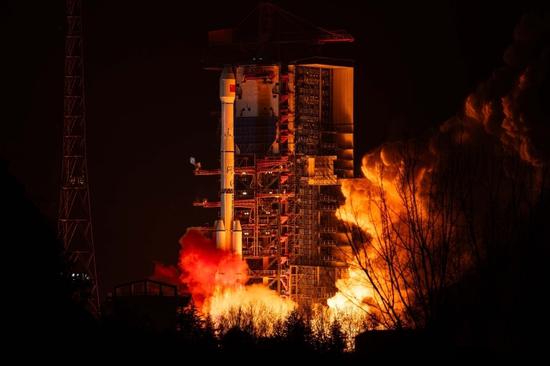



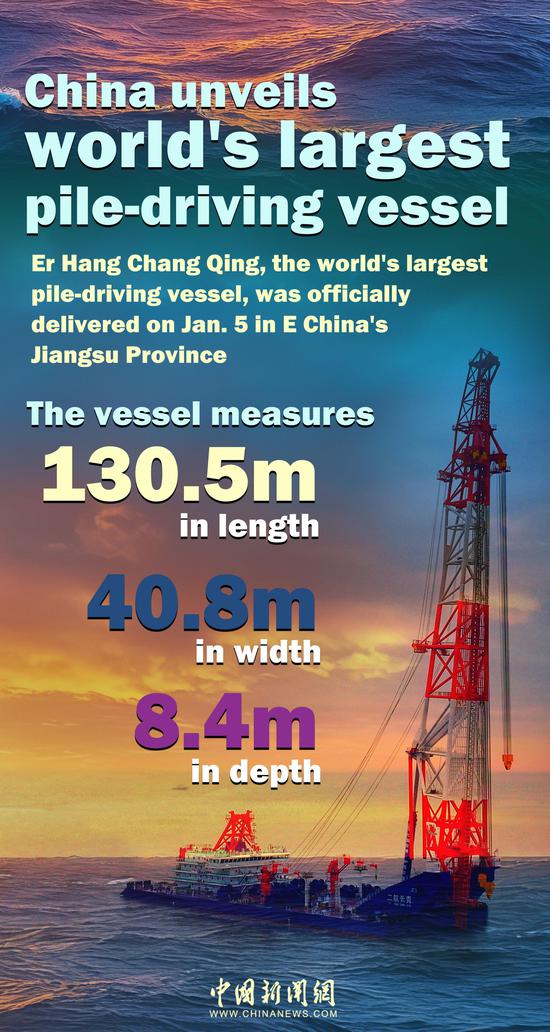
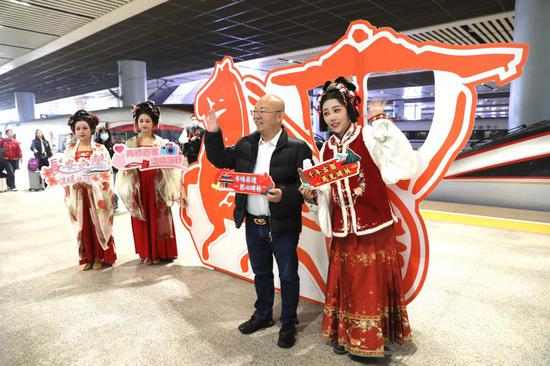
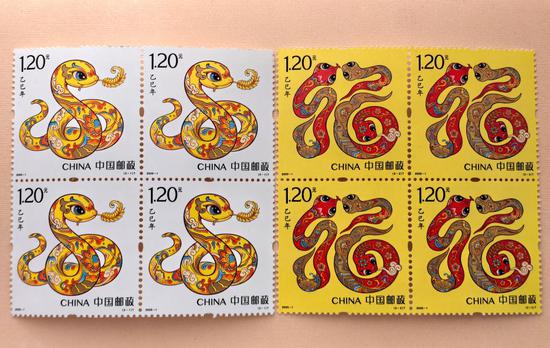


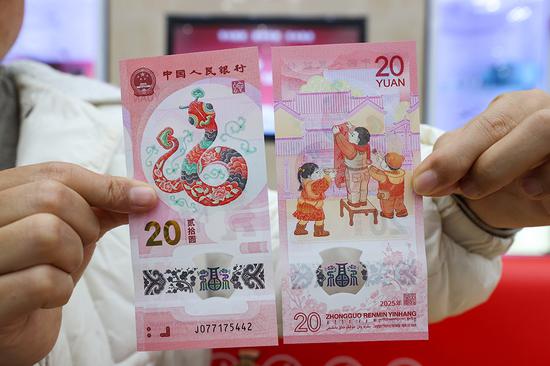

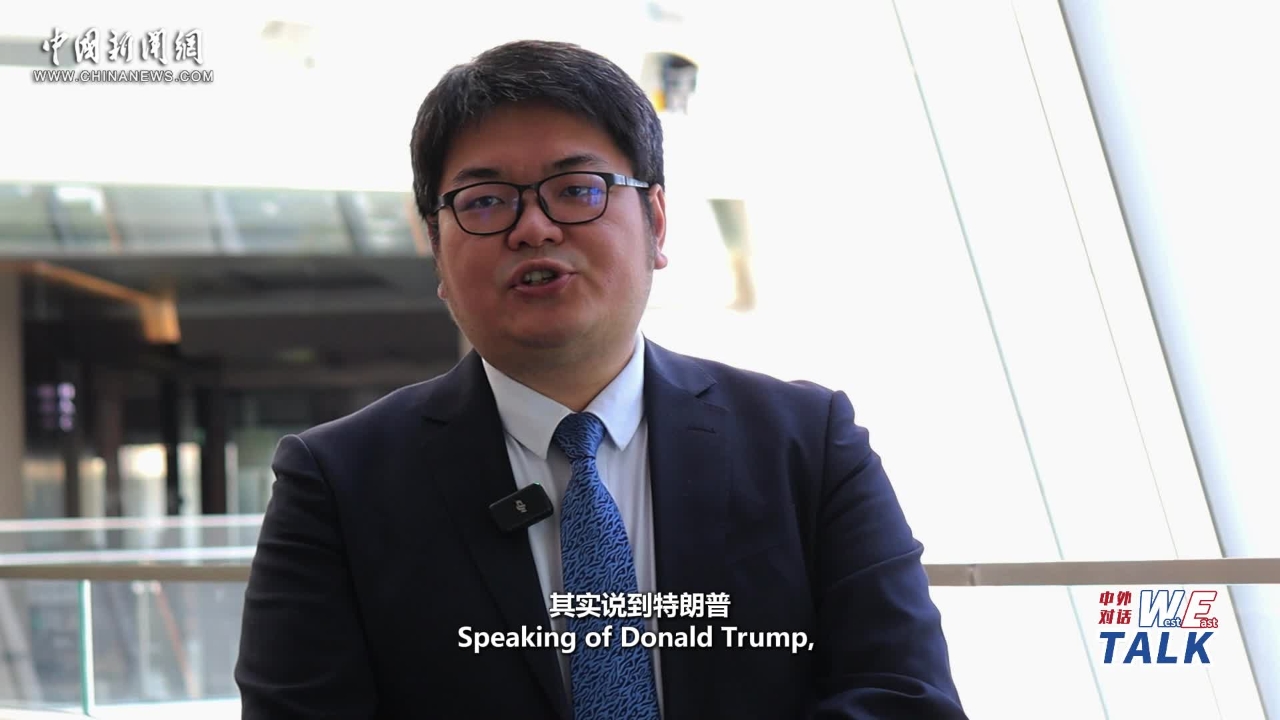



 京公网安备 11010202009201号
京公网安备 11010202009201号